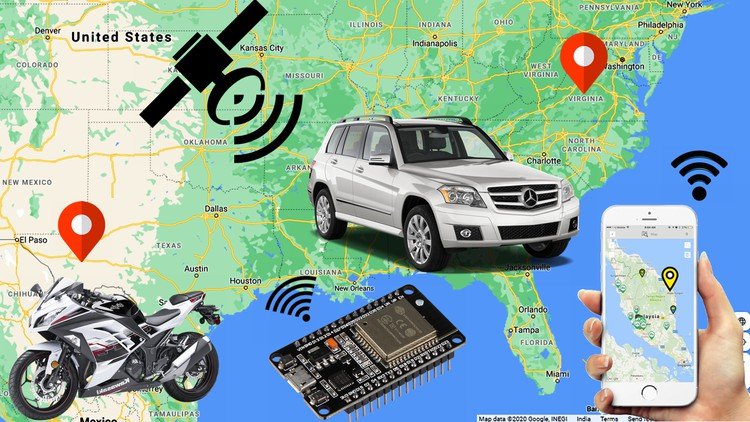

A Car GPS Tracker is Your Guardian
Gone are the days of frantic car hunts in crowded parking lots or sleepless nights worrying about your teenager’s late-night drives. Enter the car GPS tracker, a tiny device that packs a powerful punch of peace of mind and convenience.
Unveiling the Mystery:
Car GPS trackers operate on the basis of global positioning system (GPS) technology, utilizing a network of satellites to pinpoint the exact location of a vehicle in real-time. The trackers receive signals from these satellites, triangulating the vehicle’s position and relaying this information to a central server. Users can access this data through a user-friendly interface, such as a mobile app or web platform, allowing them to monitor the vehicle’s location, speed, and even receive alerts for various events.
Why Every Driver Needs One:
The advantages of having a car GPS tracker are manifold. Beyond simply providing real-time location data, these devices enhance vehicle security by enabling quick recovery in case of theft. Additionally, they assist in optimizing driving habits and routes, leading to fuel efficiency and cost savings. For families and businesses alike, GPS trackers offer peace of mind by allowing loved ones or fleet managers to track the whereabouts of drivers, promoting safety and accountability on the road.
Fitting and Integration with Modern Technology:
Installation of car GPS trackers is relatively straightforward, with various options available. Plug-and-play devices can be easily inserted into the vehicle’s OBD-II port, while hardwired models are discreetly connected to the vehicle’s power source. Modern GPS trackers often come equipped with additional features, such as geofencing, which alerts users when a vehicle enters or exits predefined areas. Integration with smartphones and other smart devices further enhances the user experience, offering remote access and control.
Limitations of GPS Car Trackers:
Despite their myriad benefits, GPS car trackers are not without limitations. Firstly, these devices may face challenges when navigating areas with poor satellite reception, such as underground parking lots or dense urban environments. Additionally, some trackers rely on cellular networks for data transmission, making them susceptible to signal loss in remote areas or during network outages. Privacy concerns also arise, as the constant monitoring of a vehicle’s location raises questions about data security and the potential misuse of information.
Operators:
In the diverse African market, several GPS tracking companies cater specifically to the region’s needs. AfricarTrack, a Kenyan pioneer with award-winning solutions, excels in real-time vehicle monitoring and fleet management. Protrac Africa, operating across several countries, offers robust tracking alongside fleet maintenance insights. PowerTrack Africa, renowned for its longevity and expertise, provides customized car security and tracking packages. These are just a few examples, and with many local and international players in the scene, comparing features, customer support, and regional coverage is crucial to finding the perfect fit for your unique needs.
Conclusion:
Car GPS trackers have undoubtedly become invaluable tools for drivers, offering a myriad of benefits that extend beyond mere navigation. Their ability to enhance security, optimize driving habits, and provide peace of mind makes them a worthy investment for individuals and businesses alike. As technology continues to evolve, addressing the limitations of GPS trackers will be crucial to ensuring their continued effectiveness and widespread adoption. Ultimately, these devices empower drivers with the knowledge and control needed to navigate the roads with confidence and precision.
Add a comment Cancel reply
Categories
- Car Gadgets (17)
- Car News (33)
- Car Reviews (43)
- Car Wars (7)
- Mechanicals (32)
- Uncategorized (2)
Recent Posts
About us

Popular Tags
Related posts


Brightening Up Your Dashboard: Switching from Regular to LED Dashboard Bulbs

Heads-Up Displays, The Good the Bad and The Ugly








